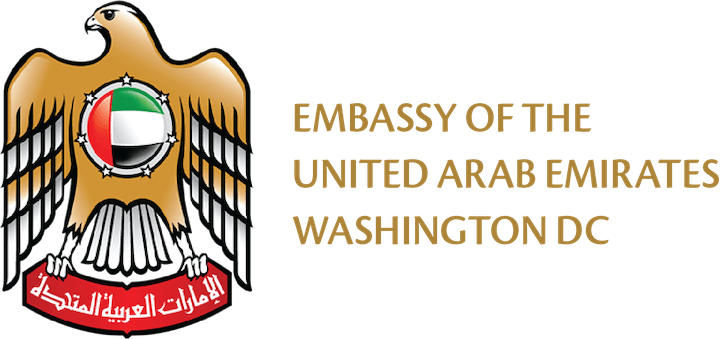UAE and IAEA sign Additional Protocol to Safeguards Agreement
April 8, 2009
VIENNA (8 April 2009) WAM - The United Arab Emirates and the International Atomic Energy Agency (IAEA) today signed an Additional Protocol to the safeguards agreement between the Agency and the UAE Government, establishing a procedure for stringent inspections of nuclear facilities and operations, and further strengthening the nation's commitment to non-proliferation as it evaluates a potential civil nuclear energy program.
The agreement was signed in Vienna by HE Ambassador Hamad Al Kaabi, UAE Permanent Representative to the IAEA and Special Representative for International Nuclear Cooperation, and Dr. Mohamed El Baradei, the IAEA's Director General.
"This is an important step for the United Arab Emirates, and another demonstration of our nation's commitment to complete operational transparency and the highest standards of non-proliferation," Ambassador Al Kaabi said.
The IAEA describes the safeguards systems as "a confidence-building measure, an early warning mechanism," in its work to ensure that nuclear programs are not used for nuclear weapons purposes. Among other measures, the Additional Protocol establishes a procedure for snap inspections of nuclear facilities, and provides guidelines for allowing inspectors access to facilities and information.
The obligations that stem from the Additional Protocol and other international instruments will be taken into account in the upcoming nuclear law and regulations in the UAE. Following the UAE's acceptance of the model Additional Protocol text developed by the IAEA, the UAE submitted a request for approval in February to the IAEA's Board of Governors. Last month the Board approved the text and authorized the Director General to sign it with the UAE.
The nation's commitment to non-proliferation is detailed in the Policy of the United Arab Emirates on the Evaluation and Potential Development of Peaceful Nuclear Energy, a document released in April 2008. One of the main pillars of the policy is the decision to forgo enrichment and reprocessing of nuclear fuel, thereby establishing a new model through which non-nuclear states may explore and potentially deploy nuclear energy with the full support and confidence of the international community.



